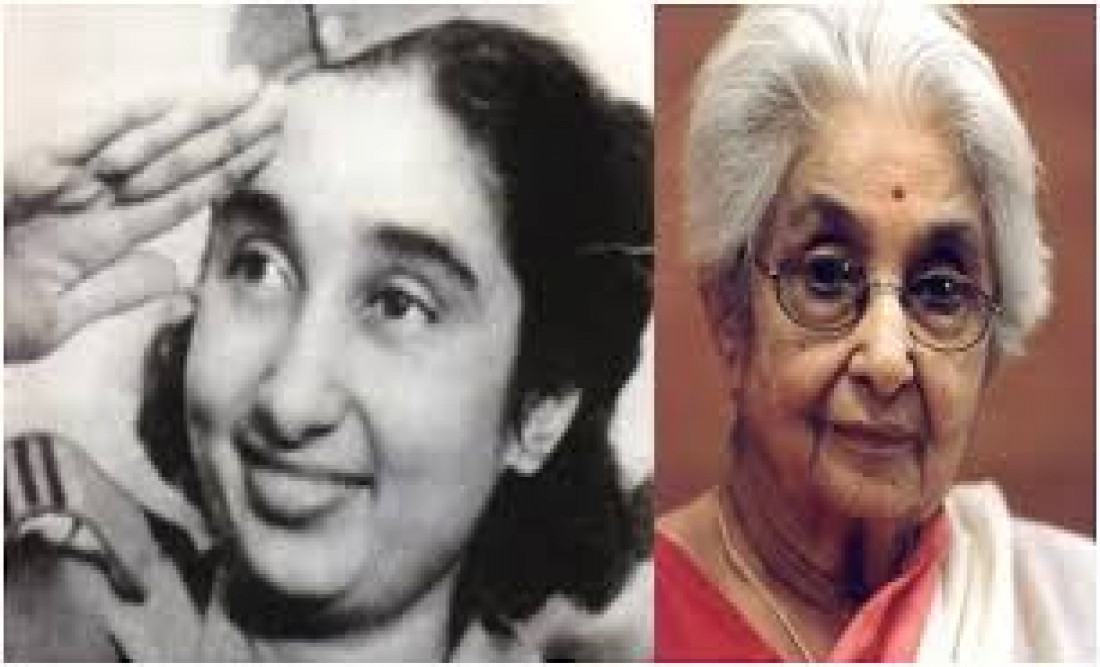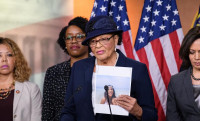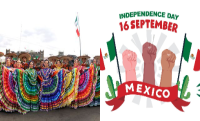Women in the freedom struggle: Ambabai from Karnataka

Women from diverse backgrounds participated in the national movement. Young and old, single and married, they came from rural and urban areas, from both conservative and liberal homes. Their involvement was significant for the freedom struggle, for the women’s movement, and for themselves personally. Both British officials and Indian nationalists felt that women’s participation gave the national struggle an immense force. Participation in the freedom movement brought women out of their homes. It gave them a place in the professions, in the governance of India, and it could pave the way for equality with men. What such participation meant for women is best recounted by them. Ambabai of Karnataka had been married at age twelve. Widowed at sixteen, she picketed foreign cloth and liquor shops in Udipi. She was arrested, served a sentence and was rearrested. Between prison terms she made speeches, taught spinning, and organised prabhat pheris. Ambabai regarded these as the happiest days of her life because they gave it a new purpose and commitment. Women, however, had to fight for their right to participate in the movement. During the Salt Satyagraha, for instance, even Mahatma Gandhi was initially opposed to women’s participation. Sarojini Naidu had to persuade him to allow women to join the movement.

Manoj Bhiva
Manoj Bhiva is a dedicated writer who loves to write on any subject. Manoj Bhiva maintains a similar hold on politics, entertainment, health, abroad articles. Manoj Bhiva has total experience of 3 years in web and Social. Manoj Bhiva works as a writer in Wordict Post.
Congresswoman Alma Adams from North Carolina is found to have COVID-19
Posted on 15th Aug 2022

Zelensky Demands Russian Withdrawal from Nuclear Power Plant in Zaporizhzhia
Posted on 16th Aug 2022








